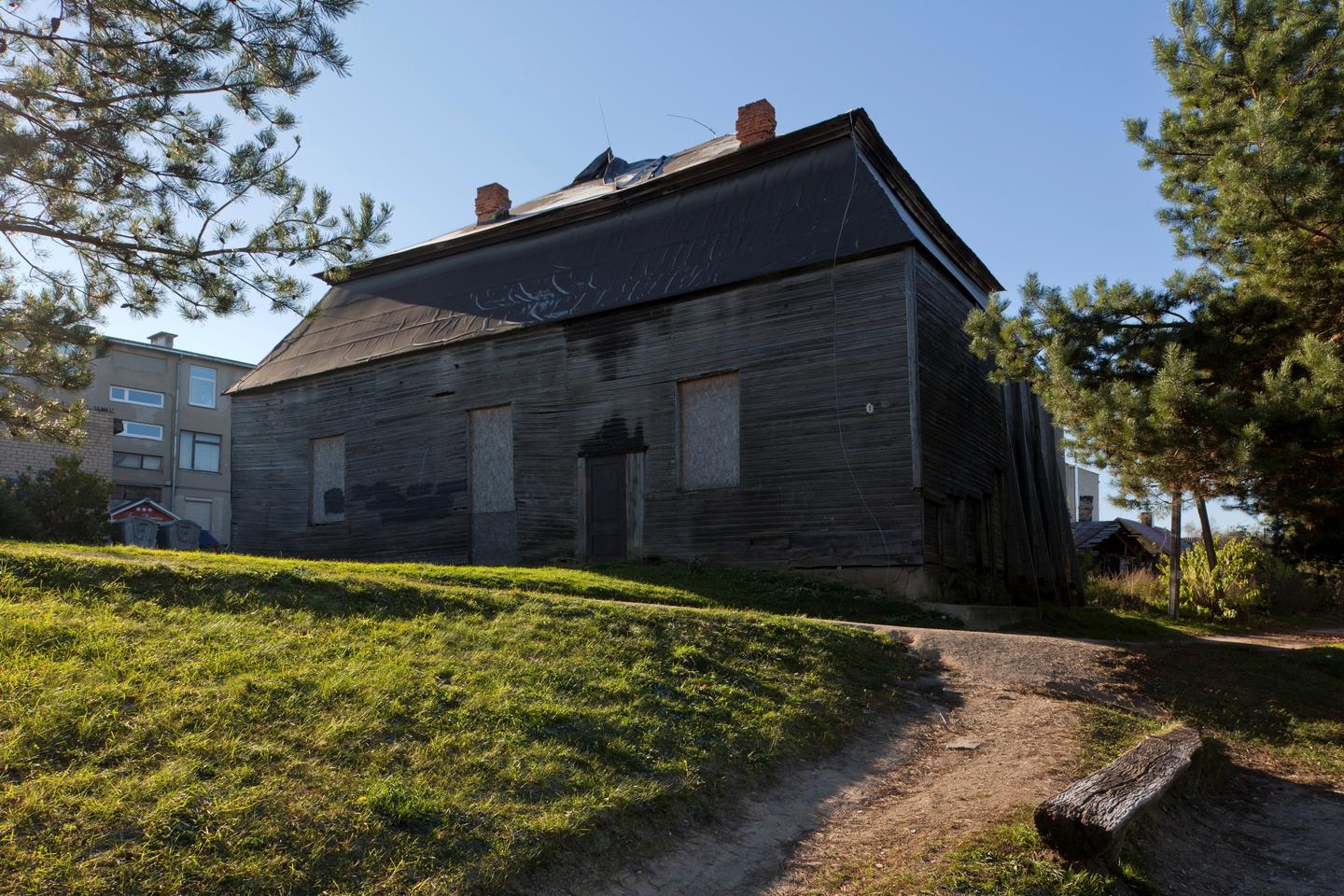Key information about the programme
- The programme is operated by: Central Project Management Agency (CPMA) in Croatia
- The Donor Programme Partners in this programme are: Norwegian Directorate for Cultural Heritage and Arts Council Norway
- Other programme partner: Ministry of Culture of the Republic of Lithuania
- The programme's objective is: Social and economic development strengthened through cultural cooperation, cultural entrepreneurship and cultural heritage management
- The programme funding (excluding co-financing) amounts to 7 million Euros and is funded entirely by the EEA Grants.
Why is the programme needed?
Culture is understood as an integral component to quality of life, attractiveness of the living environment, citizenship and tolerance, and reduction of social disparities. The cultural and creative sectors are also important drivers of economic growth, job development and social inclusion altogether. Thus, supporting the culture sector is an effective tool to help address societal problems and revitalise local communities.
Three main challenges were identified in the culture sector in Lithuania: uneven access to culture across the country; lack of skills and capacity for cultural heritage preservation and management; and low level of local cultural entrepreneurship.
Lack of cooperation between cultural institutions severely impedes the access of people in the more peripheral areas of Lithuania to high quality arts and cultural productions as well as to cultural education. Most of the existing cultural heritage is not properly researched, renovated or adapted to the needs of the local community. Due to funding problems, lack of stakeholder dialogue and entrepreneurial skills to manage available cultural resources, a lot of local cultural potential remains untapped across Lithuania.
What will the programme achieve and who are the beneficiaries?
To address the challenges outlined above the Lithuanian Culture programme aims to stimulate local development through support for revitalisation of cultural heritage and cultural and creative activities that involve and empower local communities.
To help improve access to culture, the programme aims to increase the mobility of art and culture to reach excluded areas, including those with a high density of national minorities. The programme aims to have 30 000 people attending supported events and have 300 individuals participate in educational activities. At least two projects will be related to social inclusion and anti-discrimination. An overall target is that 75% of people report increased access to cultural activities, according to national statistics.
To enhance cultural heritage management, a pre-defined projects FIXUS (based on the Slovakian project Pro Monumenta from the 09-14 financial mechanism) will establish three mobile teams which will reach out to local communities to introduce the practice of preventive maintenance of cultural monuments. The pre-defined project aims to train 120 people on cultural heritage management and organise 30 awareness building events.
Further, the programme will pilot the creative placemaking approach, an innovative, community-driven approach building on cross-sectoral partnerships. It promotes cultural entrepreneurship and regeneration to better harness local cultural resources for the benefit of local development. The programme aims to train 100 people in cultural entrepreneurship, involve 10 local stakeholders in entrepreneurial activities, create 4 new services.
How will the programme strengthen bilateral relations?
Cooperation in the area of culture contributes to further development by fostering bonds between cultural players in Lithuania and the Donor States. Bilateral project partnerships further contribute to accelerated learning and strengthened networks in the culture sector. Partnerships between Lithuanian and Donor State entities will be encouraged in the open call on creative place-making and will be mandatory in the open call on access to cultural, artistic and creative activities. Bilateral partnerships are expected to result in mutual beneficial activities and long-lasting cooperation between the involved parties.
Availability of funding through open calls
In addition to one pre-defend project on cultural heritage preservation in the programme agreement, funding in this programme will be made available through two open calls. The tentative planned dates for the planned calls are outlined below:
- Call 1: Access to cultural, artistic and creative activities – 1 October 2019
- Call 2: Local cultural entrepreneurship – 1 October 2019
A bilateral call is tentative planned to be launched shortly before the open calls in October 2019.
Download the full programme agreement for more detailed information about the programme
More information can also be found on the Programme Operator's website and on the websites of the Norwegian Directorate for Cultural Heritage and the Arts Council Norway.
